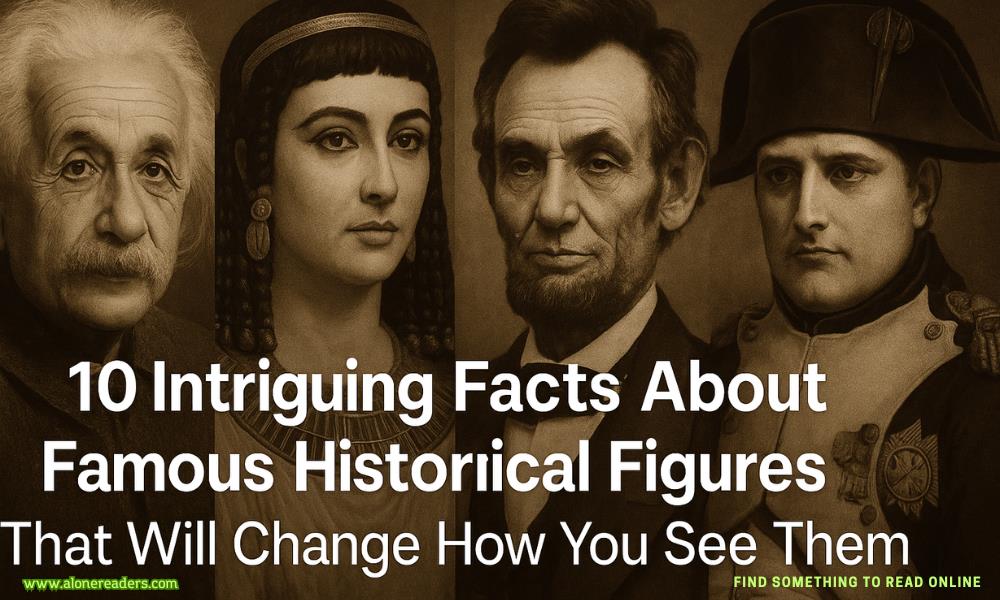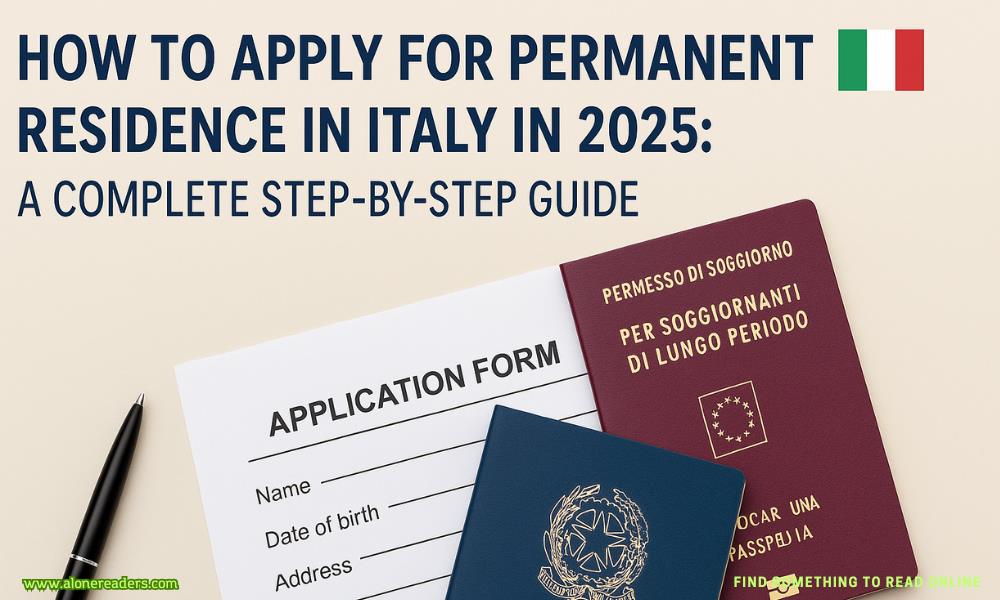Page 2 of Six Wild Crowns
“Are the ambassadors waiting?”
“They are all here.”
“Let them come in.”
The servant opens the door fully to reveal a packed antechamber, full of courtiers who have travelled to the centre of Elben to pay their respects to the newest queen. Mary busies herself with Boleyn’s train, pulling and heaving at the fabric to show off its length. Their family is waiting eagerly. Dearest brother George, bouncing on his tiptoes as he talks to his spouses, Rochford and Mark, and their parents, more reserved. Their mother smooths her dress, which is far finer than the gowns she’s used to wearing back at home, and their father puts an arm on her waist, muttering reassurances.
Boleyn ignores her family for now, instead paying attention to the five veiled women before her. Each one accompanies a gift – some small and wrapped in finely embroidered silk, and one so large it is carried by four servants. They curtsey in unison. Boleyn could so easily have been one of them. Before her engagement, she matched their rank – the almosts, the good but not the best. The ladies-in-waiting.In waiting.
Boleyn has never been good at waiting.
The first lady, dressed in the silver tulle of Queen Howard, offers Boleyn her queen’s gift and steps back, her hands coming to rest over her stomach. The tulle doesn’t suit this woman, and the poor thing knows it. She would have been better served in the subtler linen of Queen Parr, whose fashion would flatter this lady’s curves. Howard’s style is unforgiving.
“Oh, queen to be, I bring you a gift from Queen Howard of the Palace of Plythe. She wishes you great joy in your marriage to our king.”
Boleyn has been drilled in the correct reply. “I, Boleyn, soon to be consort of the Castle Brynd, thank Queen Howard for her gift and her wish, and hope to be a proper sister to her hereafter.”
The lady-in-waiting curtseys again and Boleyn passes the gift to Mary, who opens it on her behalf. Inside is a lute, with strings made from the vocal cords of the whales that patrol the river below the Palace of Plythe. Boleyn is impressed. Everything she’s heard about Queen Howard is that she’s an unthinking, flighty woman. The lute is frivolous but far from thoughtless.
The other ladies-in-waiting take their turns to step forward, offer their queen’s good wishes and a gift – a book of healing herbs from Queen Parr, the cover made from iridescent dragon leather; a jewel-encrusted headdress from the ailing Queen Blount of the Palace of Hyde; and, in the crate borne by servants, a dragon with a coat of silver from Queen Cleves. No annoying little lap dragon, this, but a guard dragon about the size of a greyhound. Boleyn thanks them all, and reckons she sounds very noble doing so.
Last comes the chosen ambassador of Queen Aragon, the first of Henry’s queens, married mere weeks after his ascension to the throne, twenty-four years ago. Aragon dresses all her ladies in heavy fabrics, the kind the Boleyns use as curtains. This lady looks as though she is buckling beneath the weight of her gown. If she’d only stand straight, she would tower over Boleyn, but her shoulders are curved in a constant apology. Boleyn can’t get a good look at the face beneath the veil, but when the woman curtseys, one hand resting over the other in her lap, she notices how the pale pink of her fingernails stands out against the tan of her skin. The lady isn’t holding a gift.
“From Queen Aragon I bring you the wish of friendship,” the woman says, her voice barely above a whisper.
Others have noticed her lack of gift too. No one knows what to do. This is unprecedented. The Queens of Elben are rarely friends but they do have to observe the customs. Boleyn refuses to show that she’s thrown by this, raising her chin and pasting on a smile as she considers Aragon’s reasons for such a snub. It can’t be her family’s status – Aragon and Cleves are the only two queens whocome from royal blood themselves. The other three queens were raised from lower-born families than Boleyn’s. Is it Boleyn’s association with Capetia? Aragon, a Quistoan princess by birth, is naturally inclined against Capetia, but surely not enough to merit such a publicly hostile declaration.
Boleyn realises, with a glow of triumph, what this must mean – that of all the consorts, Aragon sees her as a true threat, and means to put her in her place. Well, she’s equal to that.
“I thank Queen Aragon for her wish, and desire that you should choose whichever of my gifts here that you think she might enjoy the most. It saddens me that a queen of such rich lineage should be unable to fulfil a tradition. It must hurt her greatly, and I wouldn’t wish to see our oldest and first of sisters brought so low.”
Boleyn doesn’t need to look to know that her brother, George, is smirking. The other ladies-in-waiting fidget in embarrassment, or excitement.
“Careful, B.,” Mary whispers. Boleyn knows she’s skirting the edge of decency, but this is all part of the game of court – knowing how to turn a phrase so that those listening can construe it in different ways. She learned the art in Capetia and regards it as the most precious part of her education. Played well, it can make you feared and admired. It can even make you queen.
“Oh,” the lady says. “My apologies, Your Grace. Queen Aragon did send a gift. She sent me.”
Boleyn stares at the mouse. “You?”
“She says…” The woman pauses, trying to recollect the exact words. “She says that the queens of Daven and Brynd should be the closest of sisters, and in recognition of this she sends you her most loyal attendant.”
“I see.” Boleyn’s theory was correct. Aragon does see her as a threat. “How very thoughtful. A new friend is the best and greatest of gifts. I welcome you into my household…?”
“Seymour,” the woman says, curtseying again.
“Lady Seymour.”
So, she’s going to have a cuckoo in her household. If this Seymour is Aragon’s spy, she must be made of stronger stuff than she looks.
CHAPTER TWO
Seymour
Seymour’s brothers have always claimed that they can smell her monthly blood. They have a litany of ways to describe it: musty, putrid, mouldy; like a damp tapestry or a fresh kill. She wonders if the other ladies here can smell it too. The wad of fabric tied between her thighs feels as claggy as the sweat beneath her armpits. Usually she loves the beautiful, embroidered fabrics of Queen Aragon’s uniform, but when she’s bleeding she wants to peel them off and run breezy in her shift. That’s what’s going through her mind when she steps forward and bungles what she’s supposed to say.
She should have included the fact that she was the “gift” – and what a poor gift she makes – from the start, so Lady Boleyn wouldn’t think that Queen Aragon had slighted her. The way Boleyn tightened should have made her realise immediately, but as usual she’s slow on the uptake. She has her suspicions as to why Aragon decided to gift a lady-in-waiting to Boleyn. What perplexes her is why Aragon has chosenher. Why not choose one of her inner circle? A daughter of one of the women who came with her from Quisto, perhaps. At least choose someone with intelligence, then mistakes like this would not happen. Or maybe the act of giving Boleyn her most uninspiring of ladiesisthe insult.
After the gift-giving, Seymour moves to the side of the chamber and watches, which is the one thing she’s passably good at. The formalities over, other members of Lady Boleyn’s new household are permitted to approach her. From beneath the veil, Seymour can look at her as much as she likes. There’s not a person present whose gaze isn’t drawn to her. Seen objectively, Lady Boleyn should be one of the last women in the room to be noticed. No artist would choose her as their muse – she’s too narrow and her features are too sharp. Her magic lies in her living. The grace with which she moves and speaks; the way she is so solidlypresentin her body. When she looks at someone, she gives them her entire attention. It is a rare and bewitching trait.
- The Prince's Secret Twins by Elizabeth Lennox
- Tangled Desires by Tory Baker
- At the Edge of Surrender by A.L. Jackson
- A Touch of Fate by Cora Reilly
- Untouchable Love by Lucy Darling
- After Hours by Caitlin Crews
- Shelter from the Storm by Mari Carr
- Someone Knows by Vi Keeland
- Hawk by Fiona Davenport
- The Silencer by Brooke Summers
- The Beat of her Heart by Emily Hayes
- The Neighbor's Son by K. Webster
- Vasily the Hammer by C.B. Alice
- Convenient Vows by D.C. Beks
- Wrapped in Silver by Sara Vice
- Ruined By Capture by Sherry Blake







